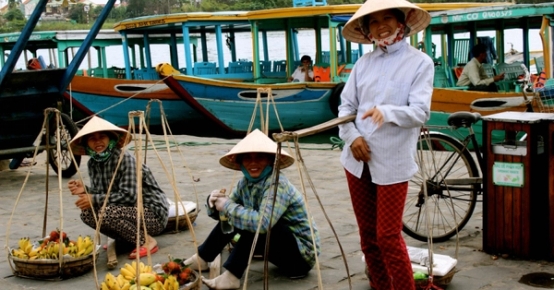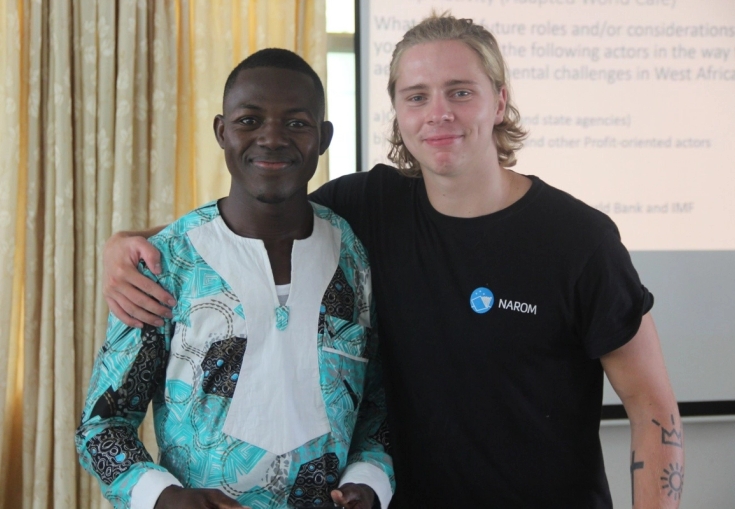
Is there such a thing as a "Vietnamese way of being"?
Are Vietnamese people lovers of harmony and family? We delve deep into Vietnamese culture.

This text is translated using AI.
View the original article here.Books about Vietnamese culture often deal with the fact that the Vietnamese way of being and thinking is characterized by harmony, hierarchy, and respect for elders and authorities. The family is emphasized as a particularly significant unit, in fact, the most important one, both for society and the individual.
Is it true that Vietnamese people love harmony and family?
And what, if anything, has contributed to shaping their way of thinking and acting?
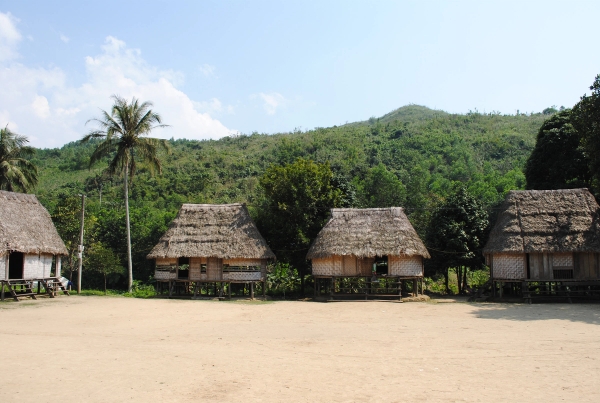
A country is more than the sum of all the people who live there, and it goes without saying that it is impossible to make any definitive statements about an entire nation. Nevertheless, we can highlight some key factors that have shaped Vietnamese thinking and actions throughout history.
The dominant religion in Vietnam is Buddhism. This religion, which emphasizes that a person is a result of their actions, places strong emphasis on proper conduct. Taoism, with its emphasis on harmony among people and the importance of avoiding confrontation, has also had a significant influence.

But perhaps the focus on harmony stems even more from Confucianism, a strictly hierarchical social philosophy founded by Confucius (Kung-fu-tze), China's great educator and moral teacher who lived from 551 to 479 BC. Being in harmony with the universe was important, and would lead to a healthier and happier life, Confucius believed.
Confucianism encourages flexibility and compromise. Harmony is seen in relation to social order, and it can only be maintained through strict moral norms that involve obedience and loyalty to superiors. Ancestor worship is another central feature.
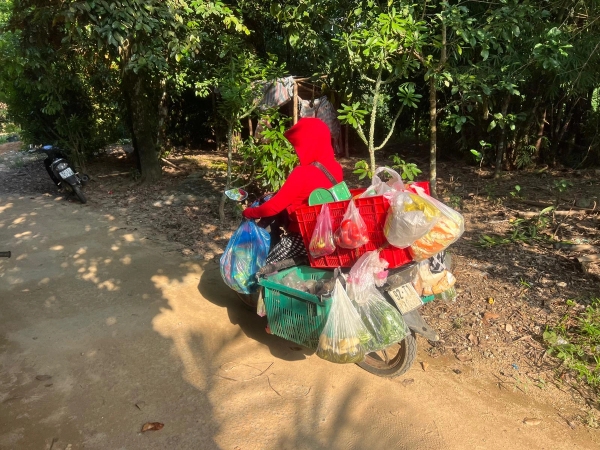
Confucianism's focus on harmony can be seen as quite universally accepted among Vietnamese people, and this undoubtedly has significance for their construction of identity and understanding of society.
But we are on the wrong track if there is an excessive focus on the significance of such beliefs. In our daily lives, we all make small and large choices that in turn shape the time and world we live in, and we create our lives based on a variety of different knowledge traditions and influencing factors.
The focus on harmony should not be mistaken for an absence of conflicts. Youth in Vietnam, as elsewhere in the world, are in conflict with and in opposition to their parents. However, a difference seems to lie in the way these conflicts unfold. Young Vietnamese tend to avoid open conflict with elders more so than others. This brings us to the importance of respect in Vietnamese society.

The most obvious way to show respect is to use the appropriate form of address. One must always address others and refer to oneself in relation to age, gender, rank, etc. The hierarchy is reflected in the language's pronouns, in the first, second, and third person. For example, if you are a young woman, you address a young man slightly older than yourself with the pronoun anh which means “older brother”, and refer to yourself as em – “younger sister”.
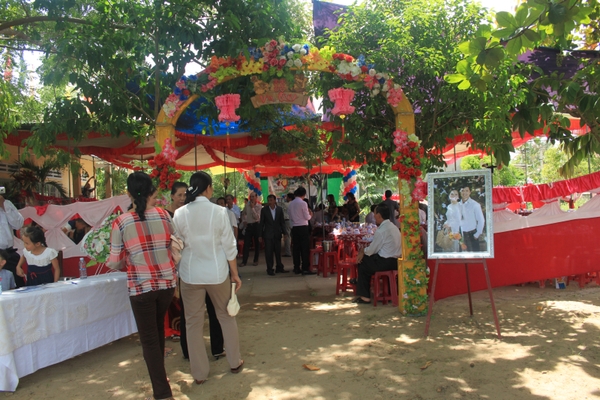
It is common that the very first thing one is asked upon arriving in Vietnam is how old one is, whether one is married, has children, what one's occupation is, etc. This is to determine where to place someone in the hierarchy. In literature, it often seems as though this hierarchy is accepted as a 'natural order' in Vietnamese society.
But many young people today question this ranking, and challenge the older generation by, for example, saying cac ban (“friends”) in gatherings, which implies that everyone present is equal.
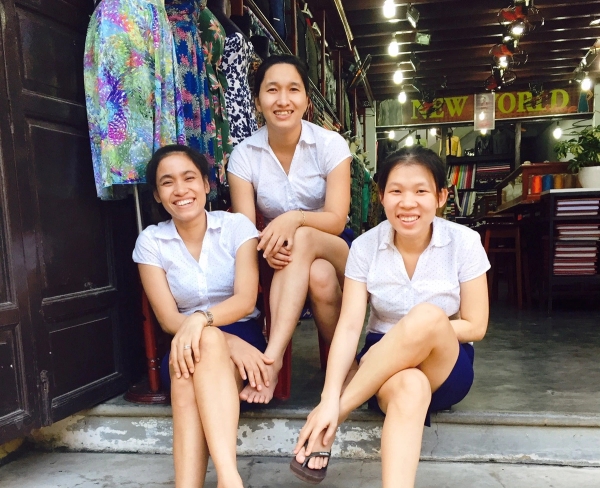
In literature, it is emphasized that the consideration for the family and the welfare of the lineage takes precedence over everything else. Communism was accused of having destroyed the family as an institution.
What's with the Vietnamese family? If you ask a Vietnamese person (or an Indian for that matter) about the difference between family in Asia and in the West, many would probably say that family is less important to people in the West.
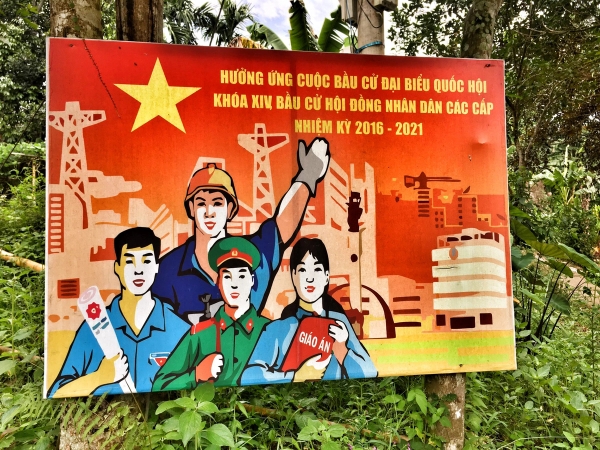
An important point in this context is the practical significance of the family in Vietnam as a safety net in life; a significance that is not the same in Norway.
After the market economy took hold with full force, access to everything from education to health services has increasingly become dependent on income. Subsidies and free welfare offers have disappeared. Today, the gap between the poor and the rich is growing, especially in the big cities.
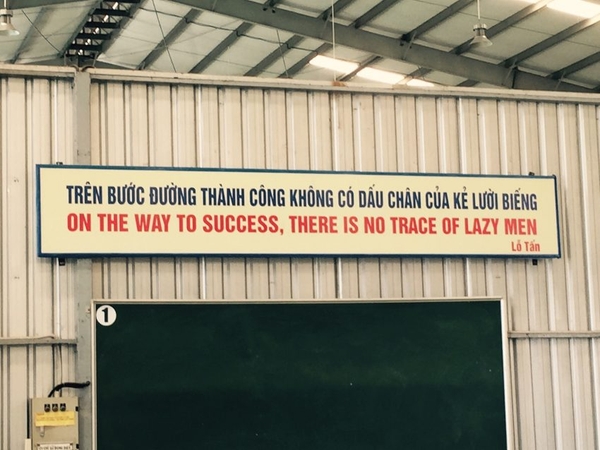
Without opportunities for external study financing or various social security schemes, it is absolutely necessary, and perhaps also easier for many, to accept that the family decides.
Today, young people and their families are increasingly coming into contact with currents that emphasize the opposite of group solidarity, namely self-realization, personal career, and consumer-oriented trends.
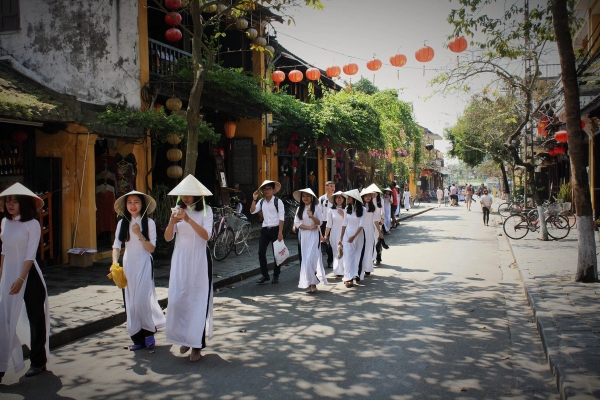
To meet people where they are, one should show respect and be humble. Meetings are not 'served', they are created by offering oneself. If one can also take a lot with a smile, show some flexibility, and have a desire to learn, then one will go far in Vietnam!
Read about Rebekka's experience as a student in Vietnam
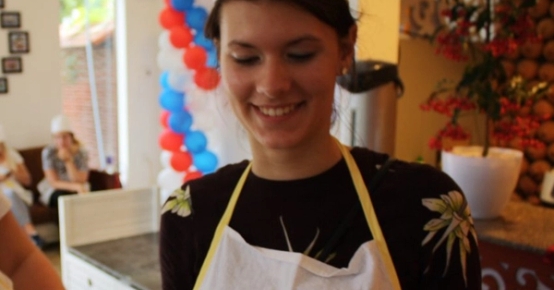
- Vietnam
- Development Studies 1 in Vietnam
- Portraits



